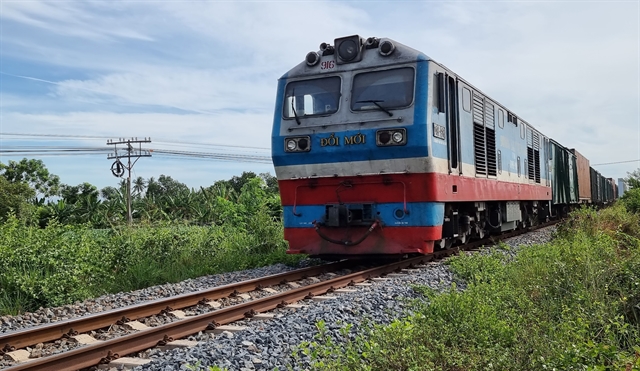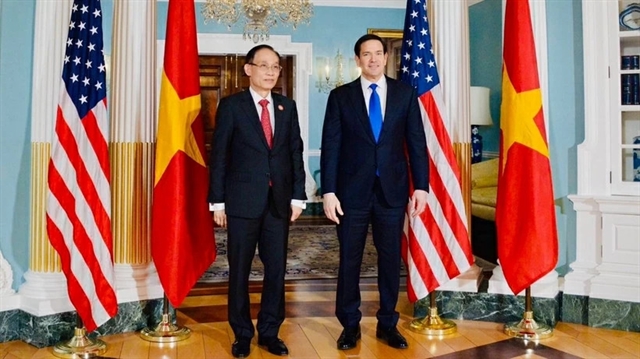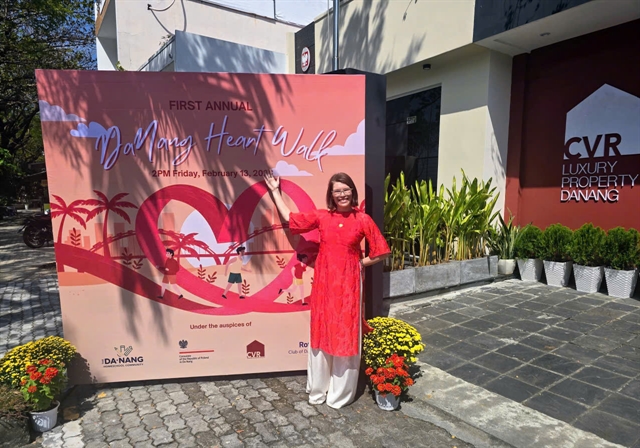 Life & Style
Life & Style
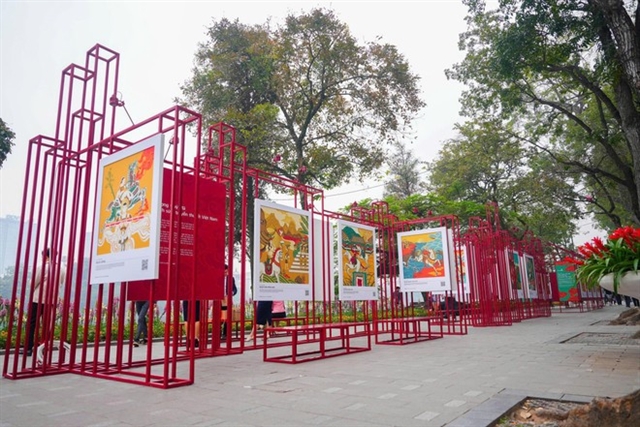
Dr. Andres Sosa*
Since 2017, I have had the privilege of serving as an orthopedic surgeon dedicated to promoting sports, physical activity, and movement in Hà Nội, the vibrant capital of Việt Nam. Today, I aim to shed light on a crucial aspect of knee health that often affects our target demographic of professional expatriates aged between 30-60, including diplomats, entrepreneurs and business leaders: the intricate relationship between meniscal injuries and knee osteoarthritis.
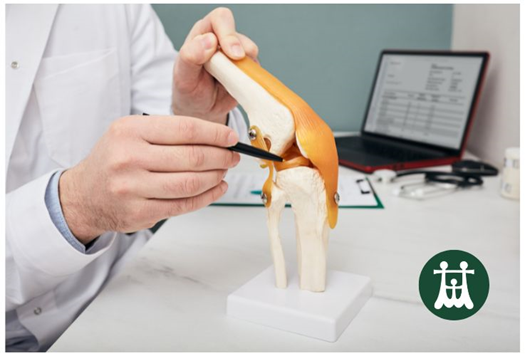 |
| A proactive and multidisciplinary approach is key to managing knee injuries. Photo courtesy of Family Medical Practice |
Understanding the connection
The knee joint is a highly complex structure in which the meniscus serves a crucial function by providing cushioning, stability and facilitating load distribution during movement. Injuries to the meniscus, whether caused by sports-related trauma or degenerative processes, can have a significant impact on joint health, increasing the risk of developing knee osteoarthritis. Unlike conventional approaches that primarily focus on managing symptoms or performing surgical debridement ('cleaning'), I have spearheaded pioneering techniques in meniscal repair and centralisation - to reposition and fix the meniscus back to its original place. These innovative methods provide a proactive approach to addressing low-grade (I-II) osteoarthritis.
Advantages of meniscal preservation and repair:
At the core of my practice philosophy lies a focus on preserving and repairing the meniscus whenever possible, recognising its vital role in maintaining joint integrity and slowing down the progression of osteoarthritis. Through the utilisation of advanced surgical techniques and tailored treatment plans, my aim is to enhance both short-term results and long-term joint health for our patients. This approach provides a viable alternative to conventional 'cleaning' procedures.
Supplementation with intra-articular hyaluronic acid injections (IAHAI)
In conjunction with surgical interventions, I strongly support the use of hyaluronic acid supplementation as a complementary component of treatment. Hyaluronic acid, an essential element found in synovial fluid (a viscous, transparent fluid that fills the cavities of synovial joints, for example the knee joint), offers benefits such as improved joint lubrication, decreased inflammation and potential delay in the advancement of osteoarthritis. By incorporating HA therapy into our comprehensive treatment protocols, we emphasise our dedication to promoting holistic knee health and restoring mobility.
Advantages of orthobiological treatment with platelet-rich plasma (PRP)
Moreover, I strongly support orthobiological interventions, which are therapies designed to activate the body's natural healing mechanisms and foster tissue regeneration. Among these interventions, I particularly advocate for the utilisation of platelet-rich plasma (PRP) therapy as a complementary approach to conventional treatments. PRP harnesses the regenerative potential of platelets (small, colourless blood cells that play a crucial role in the body's clotting process) to stimulate tissue repair, modulate inflammation, and promote cartilage regeneration. By harnessing the body's innate healing mechanisms, PRP offers a promising avenue for accelerating recovery, enhancing functional outcomes, and potentially reducing the need for invasive interventions.
Long-term benefits of meniscal preservation
When surgical intervention is necessary, it is crucial to emphasise the long-term benefits of preserving and repairing the meniscus compared to its removal. By preserving the meniscus and restoring its function, we not only alleviate symptoms but also minimise the risk of accelerated osteoarthritis progression, thereby improving overall joint longevity and patient outcomes.
Comprehensive diagnostic imaging and physical therapy
At our clinic, we place great importance on thorough diagnostic assessment through advanced imaging modalities, including radiography, ultrasonography and magnetic resonance imaging (MRI). This comprehensive approach enables us to accurately evaluate meniscal injuries and identify any concurrent osteoarthritic changes, allowing us to develop personalised treatment plans based on precise characterisation of the condition. Moreover, we recognise the crucial role of physical therapy in facilitating recovery and optimising functional outcomes. Our integrated rehabilitation programmes, customised to individual needs, aim to restore mobility, strength and proprioception (our ability to sense and perceive the position, movement and orientation of our body parts without relying on visual cues) while promoting long-term joint health and preventing recurrent injuries.
Conclusion
To summarise, the connection between meniscal injuries and knee osteoarthritis highlights the significance of taking a proactive and multidisciplinary approach to their management. Through innovative surgical techniques, orthobiological interventions and comprehensive rehabilitation strategies, we strive to optimise knee health and enhance the quality of life for our patients. At our clinic, we are committed to delivering personalised care, leveraging cutting-edge technologies and empowering individuals to pursue their active lifestyles with confidence and resilience.
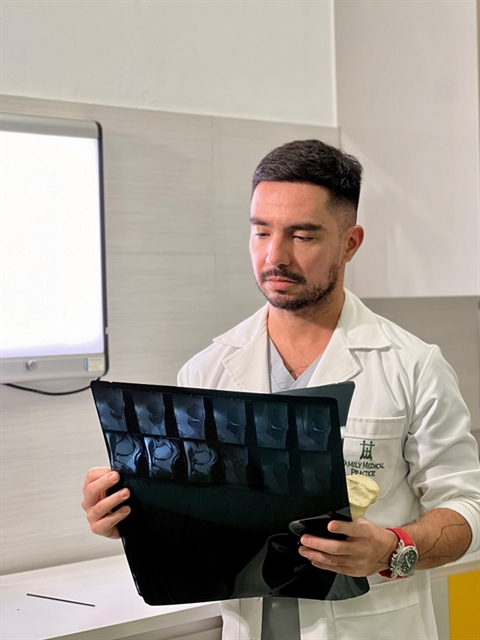 |
| Dr. Andres Sosa. Photo courtesy of Family Medical Practice |
*Dr. Andres Sosa is our Orthopaedic Surgeon specialising in sports medicine and trauma. After his residency in Orthopedics, he took a Master’s in Upper Limb Surgery at the University of Bologna (Italy). Furthermore, he attended the Sports Medicine programme at Thomas Jefferson University in Philadelphia (USA) and obtained his second master’s in Shoulder Surgery with the University of Andalucía (Spain). Once in Việt Nam, he continued his surgical training with Arthrex ArthroLab (Singapore) focused on arthroscopic techniques for shoulder and knee injuries.
Dr Sosa joined FMP in 2018 and is responsible for all orthopaedic and trauma cases. He is also a sports nutrition expert from Major University (Chile) and is fluent in English, Italian and Spanish.


